We all know that we have to stop at the gas station when the gauge creeps towards empty to keep our car moving. But, do you know what happens with that fuel once it enters your vehicle?
The job of distributing the gas to your engines falls on the fuel injectors. And their job is not as simple as stop and go.
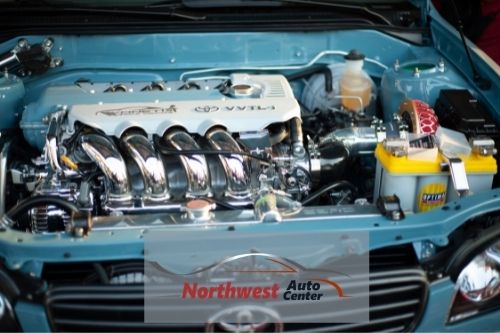
How Do Fuel Injectors Work?
Your vehicle’s injectors have the vital task of delivering fuel from your gas tank to your engine. And it all comes down to the timing. Fuel injectors inject the ideal amount of fuel into the combustion chamber at just the right time. They are commanded by the vehicle’s PCM (Powertrain Control Module) or computer. Allowing the correct mixture of air-to-fuel, creates the perfect condition for combustion and keeps your car running well.
Controlled by a computer, there is one fuel injector per cylinder in modern vehicles. Initially, injectors sprayed gas into the intake manifold. Moving to your car’s cylinders helps your vehicle’s fuel efficiency while offering higher output in smaller engines and better-controlling emissions.
And they all have to work efficiently and precisely to keep your vehicle running optimally. And if they aren’t, you will notice.
Signs of Bad Fuel Injectors
Over time, fuel injectors can get carbon built up on the tips. Injectors spray fuel in a conical pattern (think a perfume atomizer). When carbon builds up in the end of an injector, it affects (disrupts) the spray pattern of the fuel from the injector. Instead of a nice conical spray, it may start fire hosing (stream of fuel). This will cause a misfire in the engine. It’s not a component that you’ll want to ignore if it goes bad. Keeping an eye out for the warning signs of dirty injectors is smart.
Rough Idling or Stalling
Notice a shimmy or a shake while at a stoplight? Or does your engine drop RPMs (revolutions per minute) while stopped?
That could be from a clogged fuel injector that isn’t giving your engine the fuel it needs at the right time for it to continue operating smoothly.
In the same realm, if your engine stalls out or you notice a loss of power while accelerating or going up a hill, that may be a sign that not enough fuel is reaching the combustion chamber. This usually indicates a more significant clog or a complete blockage in the fuel lines or injectors.
Check Engine Light
Once again: if your check engine light comes on, that means it’s time to visit your local auto repair shop.
While the reasons behind the check engine light vary, it could be trying to tell you that your fuel injectors are not performing well. If you’re in the Houston area, visit us at Northwest Auto Center. We can investigate the source of your check engine light and repair any issues, getting you back on the road with a car that runs optimally.
Decrease in Fuel Economy
A bad fuel injector can cause your fuel efficiency to fall. An engine misfire will cause the fuel system to falsely enrich the fuel mixture (add more fuel), leading to wasted fuel. Whether from a truly faulty injector or a clogged one, your fuel efficiency will take the hit.
Strong Gas Odor
If you smell gas, that’s not good news. Somewhere in your fuel injector system, there’s a leak. Fuel isn’t staying contained within your system, whether it’s a worn hose or a connection point.
Not only does this waste your gas money, but it can also leave you at risk of an engine fire. If you smell gas, visit your local repair shop as soon as possible.
Can You Ignore Fuel Injector Problems?
You can, but you won’t like the consequences.
Your engine is a collection of parts that work closely together to propel your vehicle where you want it to go. If one of those components stops working, then it adds stress to other parts of your system. Ignoring issues with your fuel injectors or any engine component, leads to unnecessary wear and tear.
If it’s a leaking fuel injector, that is a safety concern as the leaking gas vapors can ignite and cause a fire.
Whatever the issue (faulty, clogged, or leaking), it’s best to take your vehicle in for a repair before it becomes a larger (and more expensive) problem.

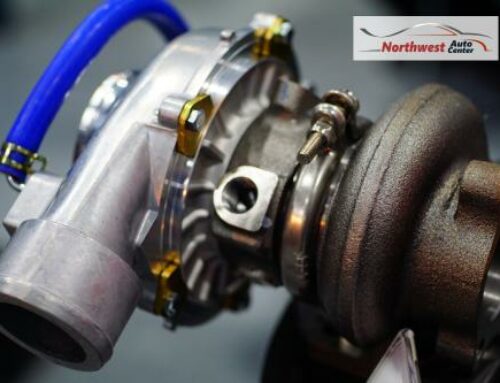
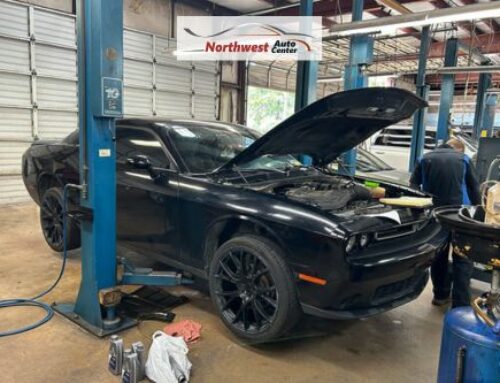
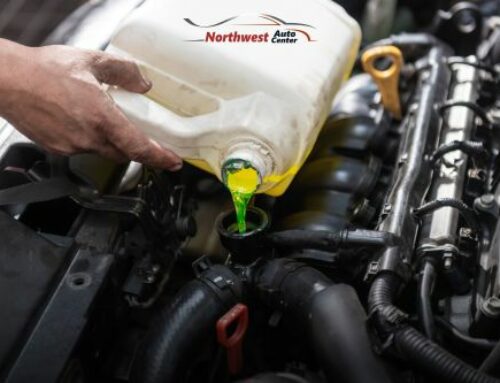
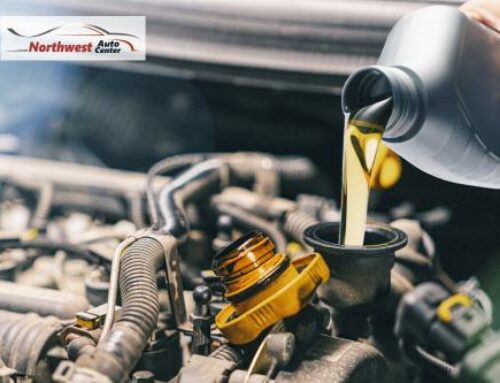
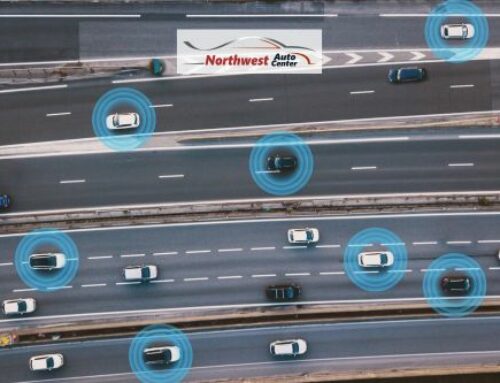
Leave A Comment
You must be logged in to post a comment.